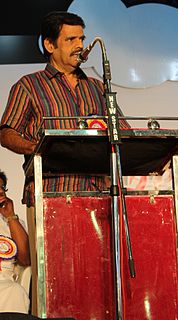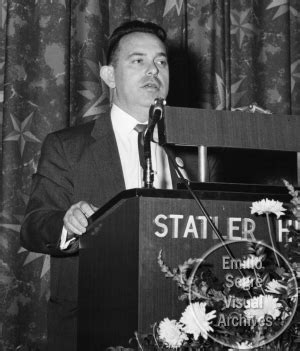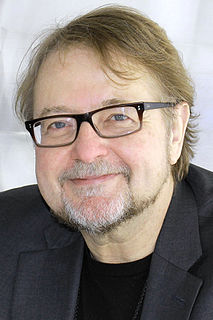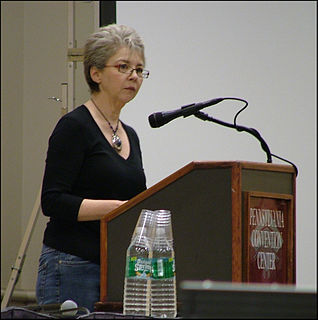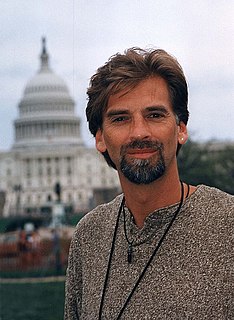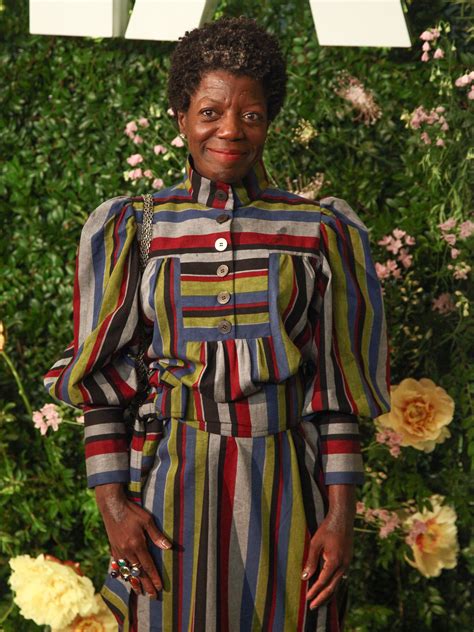A Quote by John Green
Witness also that when we talk about literature, we do so in the present tense. When we speak of the dead, we are not so kind.
Related Quotes
Try to find the real tense of the report you are reading: Was it done, is it being done, or is something to be done? Reports are now written in four tenses: past tense, present tense, future tense, and pretense. Watch for novel uses of CONGRAM (CONtractor GRAMmer), defined by the past imperfect, the present insufficient, and the future absolutely perfect.
What libraries give you is all three tenses - the past tense - the present tense in which we live and the future that we can only imagine. These places have teachers who are living and dead and we are lucky to have them. If I sit here and read Aristotle, he is speaking to me across a thousand years - more than a thousand years. That sense that I am in the company of the great greatest people who ever lived is a humbling experience but a liberating experience.
Almost by definition, secularism cannot be a future: it's a present-tense culture that over time disconnects a society from cross-generational purpose. Which is why there are no examples of sustained atheist civilizations. "Atheistic humanism" became inhumanism in the hands of the Fascists and Communists and, in its less malign form in today's European Union, a kind of dehumamism in which a present-tense culture amuses itself to extinction. Post-Christian European culture is already post-cultural and, with its surging Muslim populations, will soon be post-European.

